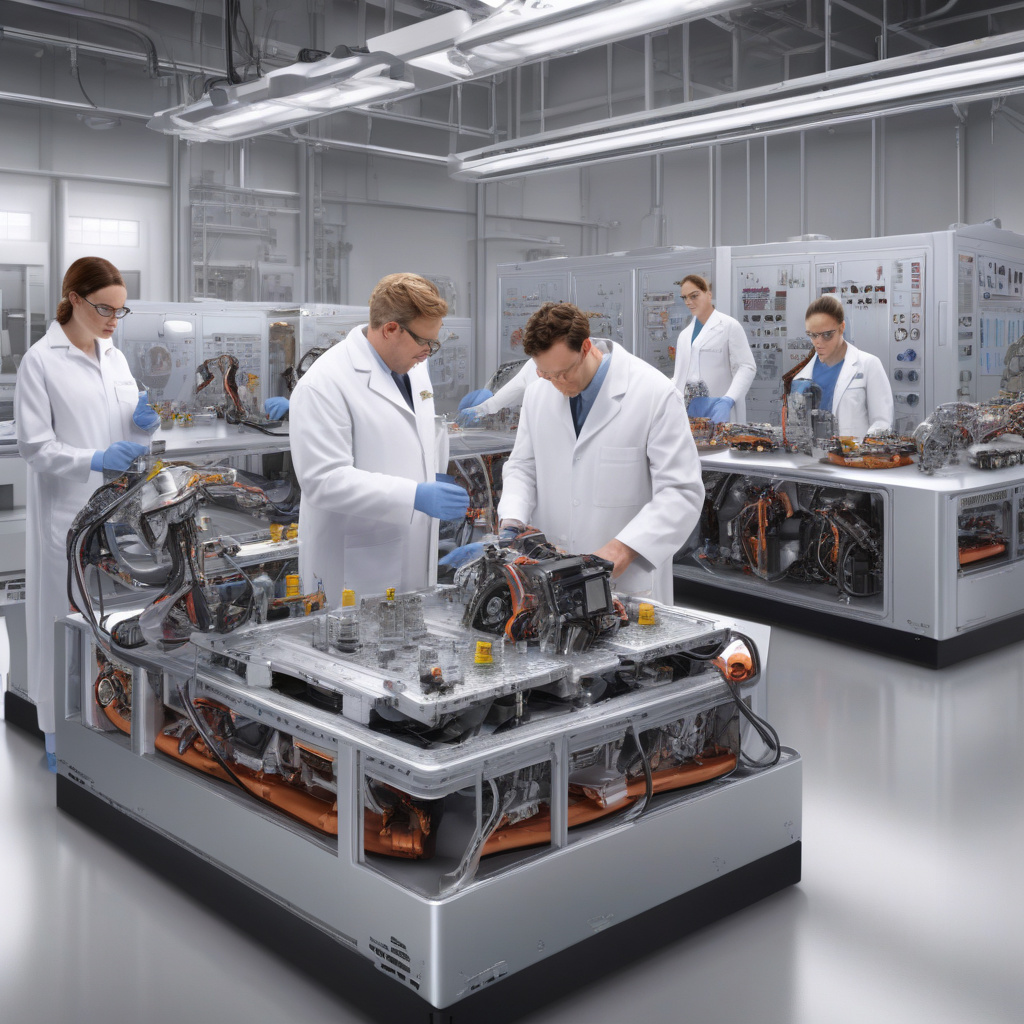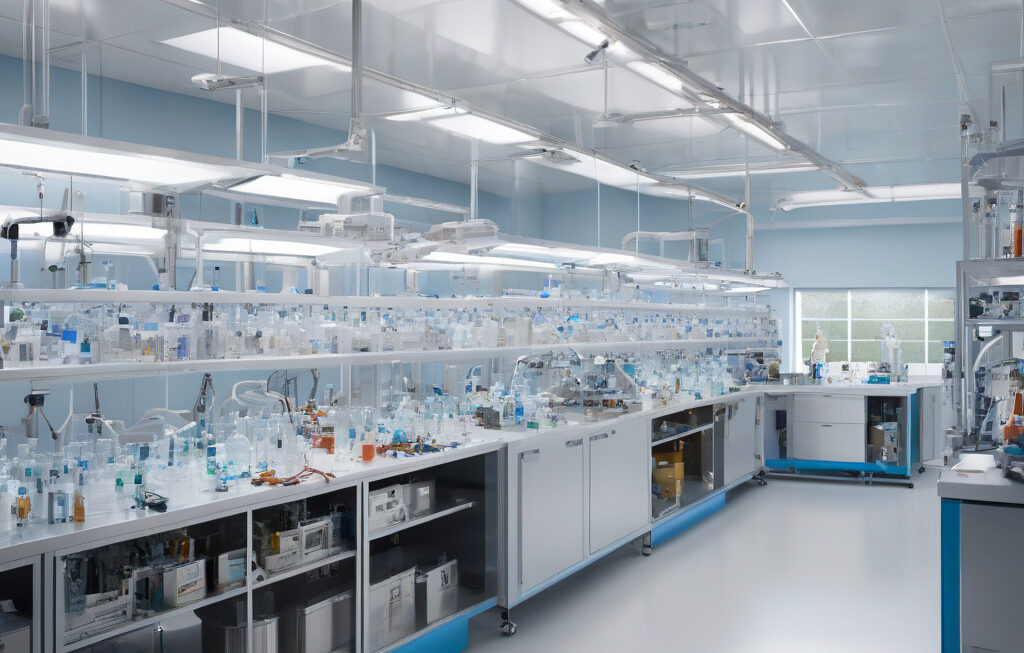US EV Battery Breakthrough to Cut Energy Use by Half, Shrink Factory Footprint
Researchers from the US Department of Energy’s Argonne National Laboratory have published a comprehensive review highlighting a groundbreaking development in the field of electric vehicle (EV) batteries. This breakthrough innovation promises to significantly reduce energy consumption by half while also shrinking the factory footprint required for battery production.
The traditional process of manufacturing lithium-ion batteries, which are commonly used in EVs, involves intensive energy consumption and large factory spaces. However, the researchers at Argonne National Laboratory have devised a novel approach that could revolutionize the industry.
By reimagining the production methods and materials used in EV battery manufacturing, the researchers have successfully demonstrated a more energy-efficient process that significantly cuts down on the resources required. This not only leads to a drastic reduction in energy consumption but also allows for the optimization of factory space, ultimately streamlining the entire production process.
One of the key innovations driving this breakthrough is the integration of sustainable materials and advanced manufacturing techniques. By leveraging these cutting-edge technologies, the researchers have been able to enhance the performance of EV batteries while simultaneously reducing their environmental impact.
Moreover, the implications of this breakthrough extend beyond the realm of EVs. The newfound efficiency in battery production could pave the way for widespread adoption of electric vehicles, accelerating the transition towards a more sustainable transportation sector.
In addition to the environmental benefits, the economic advantages of this breakthrough are also noteworthy. By streamlining the manufacturing process and reducing energy consumption, companies in the EV industry stand to save significantly on production costs. This, in turn, could lead to more affordable electric vehicles for consumers, further driving the market towards sustainability.
As the global automotive industry continues to shift towards electrification, innovations like the one from Argonne National Laboratory are crucial for driving progress and overcoming existing challenges. By addressing key issues such as energy consumption and factory efficiency, researchers are playing a pivotal role in shaping the future of transportation.
In conclusion, the recent breakthrough in EV battery technology represents a significant milestone in the journey towards sustainable mobility. With the potential to cut energy use by half and shrink factory footprints, this innovation has the power to reshape the electric vehicle industry and accelerate the transition to a greener, more efficient future.
#EV, #BatteryBreakthrough, #SustainableTechnology, #ArgonneNationalLab, #ElectricVehicles












